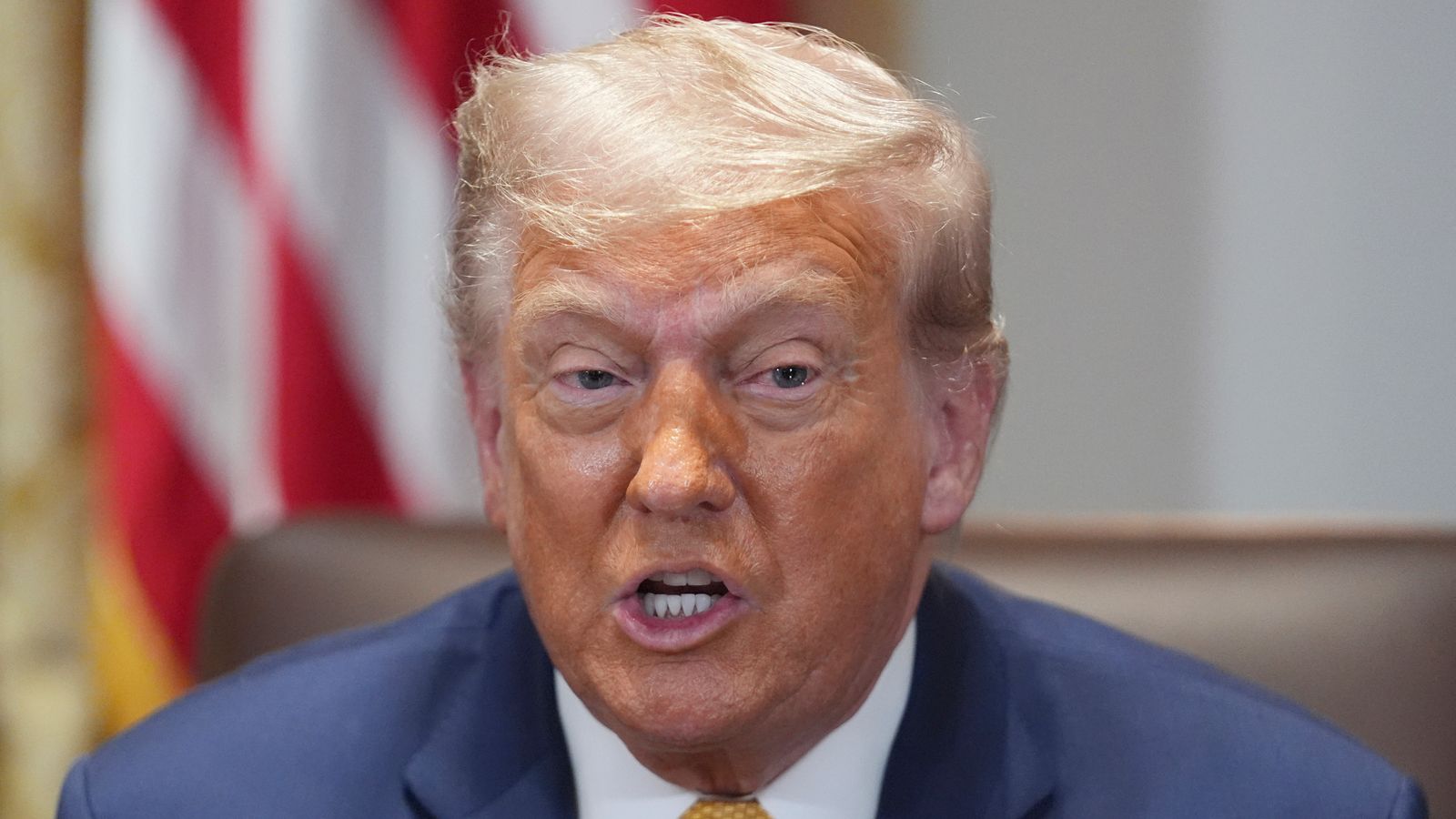Actress Scarlett Johansson says OpenAI CEO Sam Altman used a voice similar to hers for its artificial intelligence voice software despite her decline of his invitation.
The response comes after OpenAI said it would pull its ChatGPT AI voice dubbed “Sky”, which launched last week and created controversy for sounding like Johansson’s voice in the movie “Her.”
Johansson said Altman approached her last September and then again two days before it announced ChatGPT-4o on May 13. Johansson played the voice character in the film “Her” about a man who forms a relationship with a virtual artificial intelligence named Samantha.
“After much consideration and for personal reasons, I declined the offer,” Johansson said in a statement to CNBC. “Nine months later, my friends, family and the general public all noted how much the newest system named ‘Sky’ sounded like me.”
Altman tweeted the message “her” on the day OpenAI announced its new AI.
“When I heard the released demo, I was shocked, angered and in disbelief that Mr. Altman would pursue a voice that sounded so eerily similar to mine that my closest friends and news outlets could not tell the difference,” Johansson’s statement continued. “Mr. Altman even insinuated that the similarity was intentional, tweeting a single word “her”
The actress wrote Monday that she has hired legal counsel. Johansson has sparred with large companies like Disney in the past. In 2021, Johansson and Walt Disney settled the breach of contract lawsuit the “Black Widow” actor brought against the studio.
“We’ve heard questions about how we chose the voices in ChatGPT, especially Sky,” Microsoft-backed OpenAI posted on X on Monday.
“Sky’s voice is not an imitation of Scarlett Johansson but belongs to a different professional actress using her own natural speaking voice,” the company wrote in a blog post on Sunday. “To protect their privacy, we cannot share the names of our voice talents.”
Johansson said she wrote two letters to Altman and OpenAI, asking them to detail the process of creating Sky.
“In a time when we are all grappling with deepfakes and the protection of our own likeness, our own work, our own identities, I believe these are questions that deserve absolute clarity,” her statement says. “I look forward to resolution in the form of transparency and the passage of appropriate legislation to help ensure that individual rights are protected.”
OpenAI didn’t immediately respond to a request for comment on Johansson’s statement.
Here is Scarlett Johansson’s full statement:
“Last September, I received an offer from Sam Altman, who wanted to hire me to voice the current ChatGPT 4.0 system. He told me that he felt that by my voicing the system, I could bridge the gap between tech companies and creatives and help consumers to feel comfortable with the seismic shift concerning humans and AI. He said he felt that my voice would be comforting to people.
After much consideration and for personal reasons, I declined the offer. Nine months later, my friends, family and the general public all noted how much the newest system named “Sky” sounded like me.
When I heard the released demo, I was shocked, angered and in disbelief that Mr. Altman would pursue a voice that sounded so eerily similar to mine that my closest friends and news outlets could not tell the difference. Mr. Altman even insinuated that the similarity was intentional, tweeting a single word “her” – a reference to the film in which I voiced a chat system, Samantha, who forms an intimate relationship with a human.
Two days before the ChatGPT 4.0 demo was released, Mr. Altman contacted my agent, asking me to reconsider. Before we could connect, the system was out there
As a result of their actions, I was forced to hire legal counsel, who wrote two letters to Mr. Altman and OpenAI, setting out what they had done and asking them to detail the exact process by which they created the “Sky” voice. Consequently, OpenAI reluctantly agreed to take down the “Sky” voice.
In a time when we are all grappling with deepfakes and the protection of our own likeness, our own work, our own identities, I believe these are questions that deserve absolute clarity. I look forward to resolution in the form of transparency and the passage of appropriate legislation to help ensure that individual rights are protected.”












